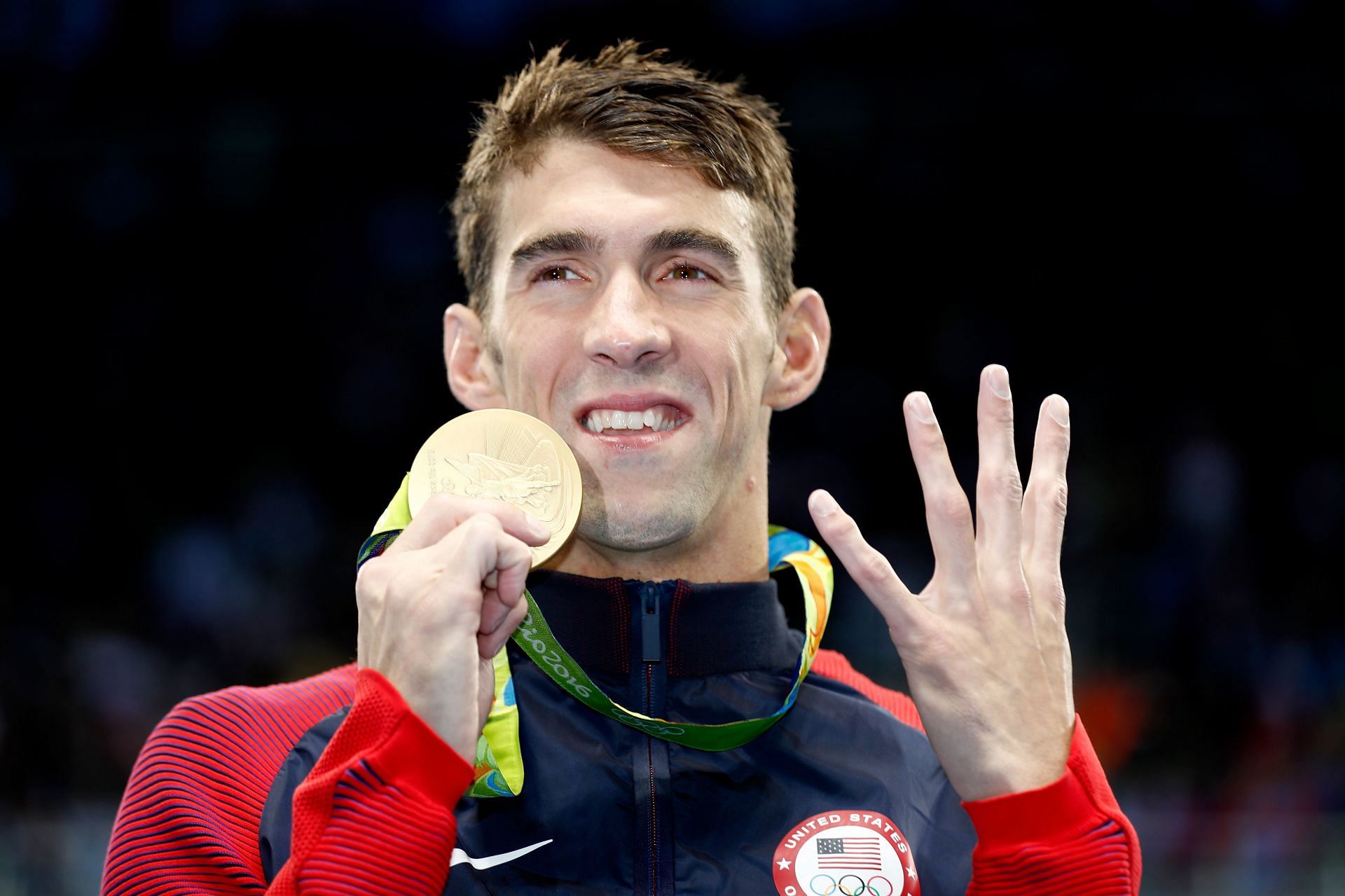
“We’re built out to be massive…” – When Michael Phelps opened up on feeling isolated
Michael Phelps, often known as the Baltimore Express, had a great swimming career. His tally of 28 Olympic medals is not even close to getting matched by anyone competing right now.
In a YouTube video uploaded by Audacy, Michael Phelps opened up about feeling isolated at some point in his career. He said,
"It's shocking, you know. In my opinion, it's like, you know. we're built up to be these massive, like these massive physical specimens, that compete at the highest level of the Olympic Games. But you know, that's not the only part."
Michael Phelps opened up about his mental health issues
Four years ago, the 23-time Olympic gold medalist opened up about his struggles with mental health and how he tackled the problem with Audacy.
Michael Phelps initially started talking about people not thinking about the mental side of an athlete. He said that almost 90 per cent of athletes suffer depression or any other mental health issues after an Olympic event.
"In my opinion, the people not really cared about the physical side of it, right? Like the mental side of it, or our well-being. I didn't see that many people cared about that. And... and you know, I can say truly say that probably 75, 80, [or] 90 per cent of athletes, that... that you know have come out of an Olympic Games have struggled with some kind of depression after Olympics. Or some kind of mental health issues."
Phelps' reasons why athletes suffer mental health issues after the Olympics. He went on to say:
"You know, you build up to that hive. Every... every four years. And...and you come off it and you know, you're sitting there twiddling your thumbs. And not really knowing what you're supposed to do next. So... so you feel lost! And... and you don't really have anybody, that you feel comfortable with."
Michael Phelps, later on, went on to talk about his 2014 incident of facing mental health issues and how felt back then. He also added how he managed to get out of it.
"I think for me, in... in 2014, when I found myself in that dark-dark place, where you know, I nestled in those four days. I was in my room by myself not wanting to talk to anybody, not eating anything, not like, literally not moving for three or four days. You know, for me after sitting there and thinking about everything I wanted to find a different way. I wanted to find a different answer."
Later on, Phelps added that he started to seek help at a mental health treatment center and talk to a therapist. That indeed helped him as he came back and won medals at the 2016 Rio Olympics.
"I was sick and tired of feeling how I felt. And... and just that opportunity of almost like sharpening up your tools. You know, that's kind of what I wanted to do. And that's why I said, that's why I started to seek help. And... and that's when I checked myself into a treatment center. Since then, I've been working with a therapist."
Post-retirement in 2016, 'Flying Fish' has been a great advocate of mental health issues. Along with talk shows, Phelps also established a foundation called the Michael Phelps Foundation that helps young athletes cope up with mental health issues.